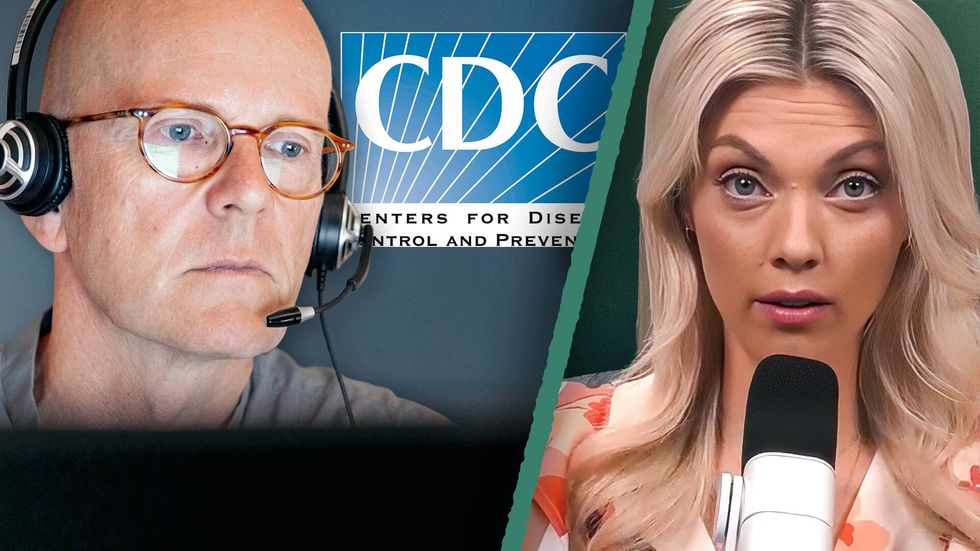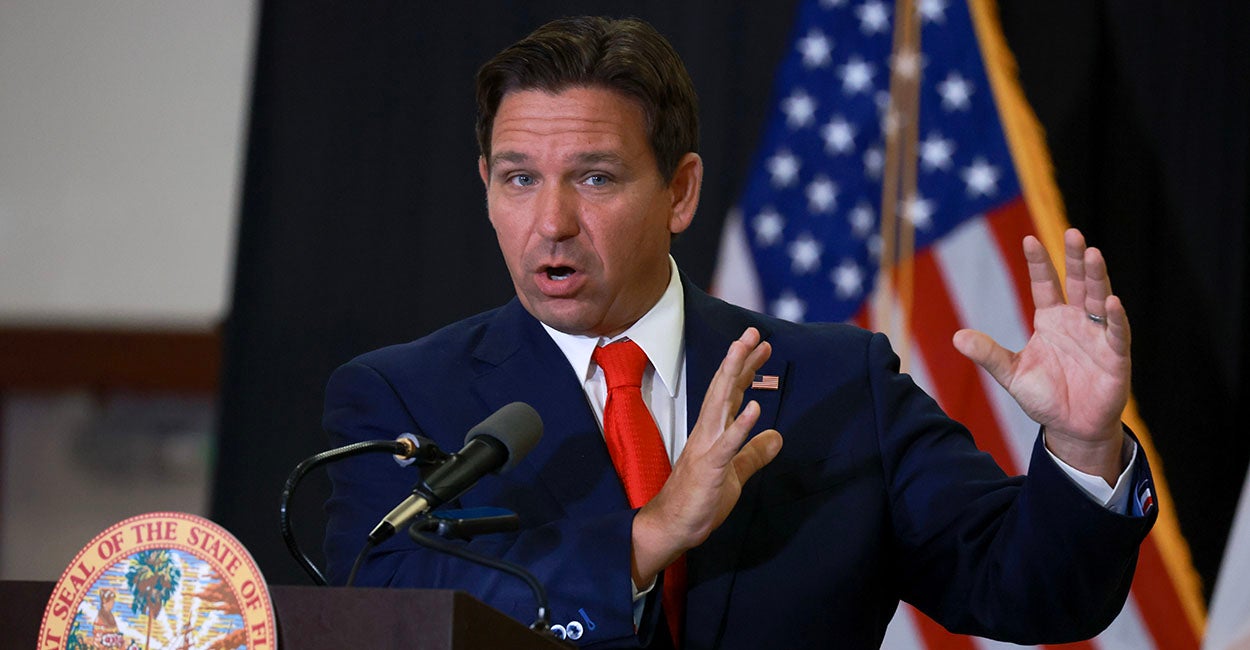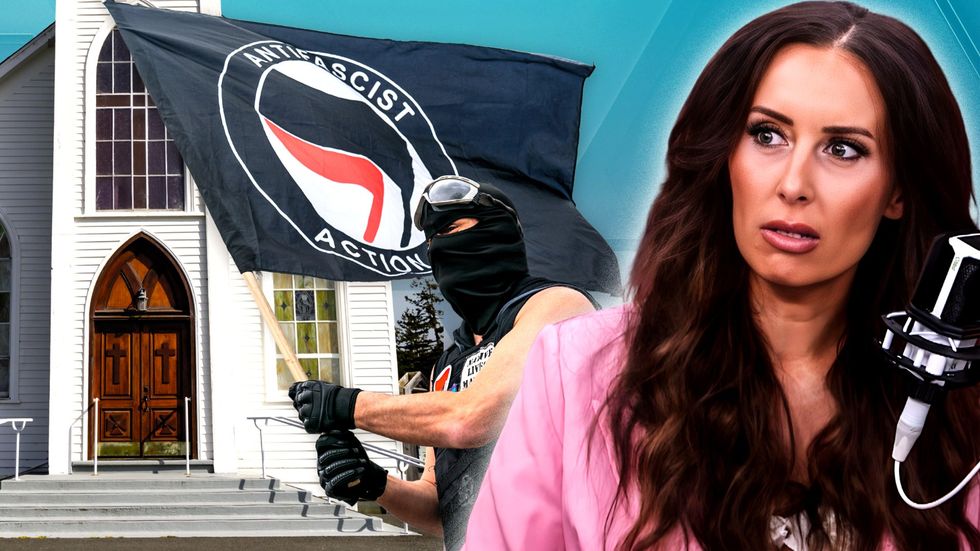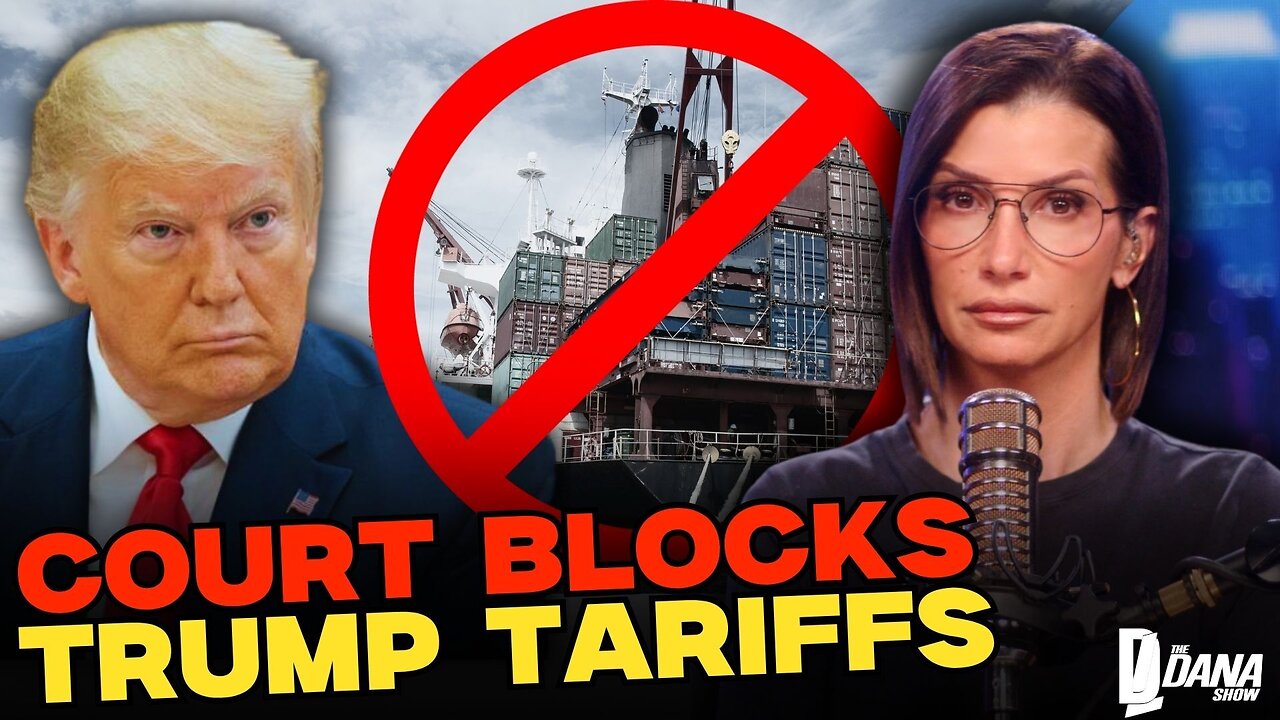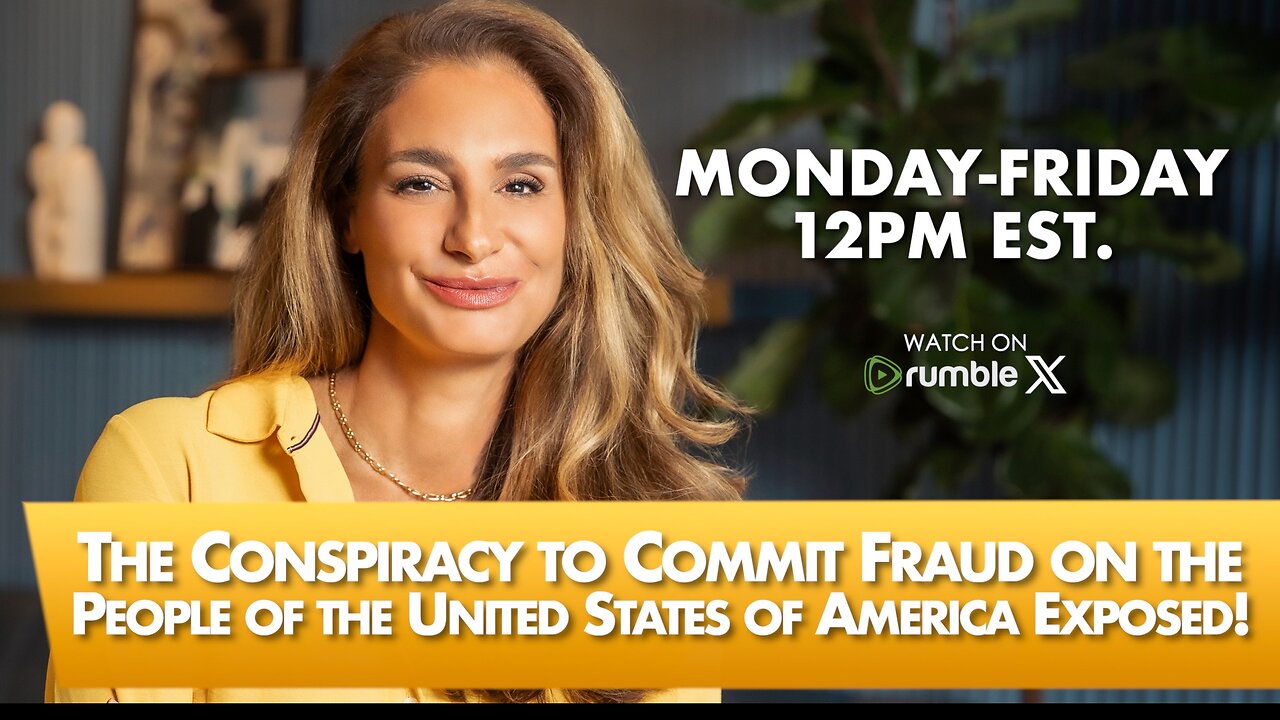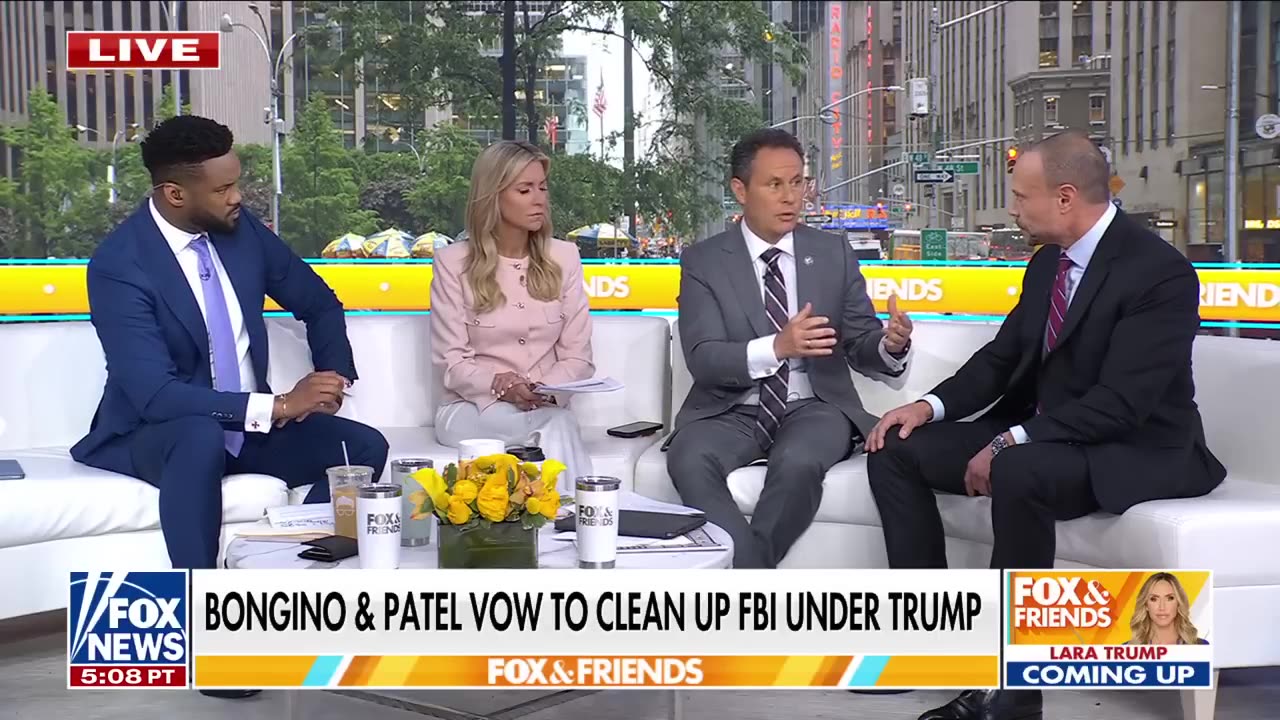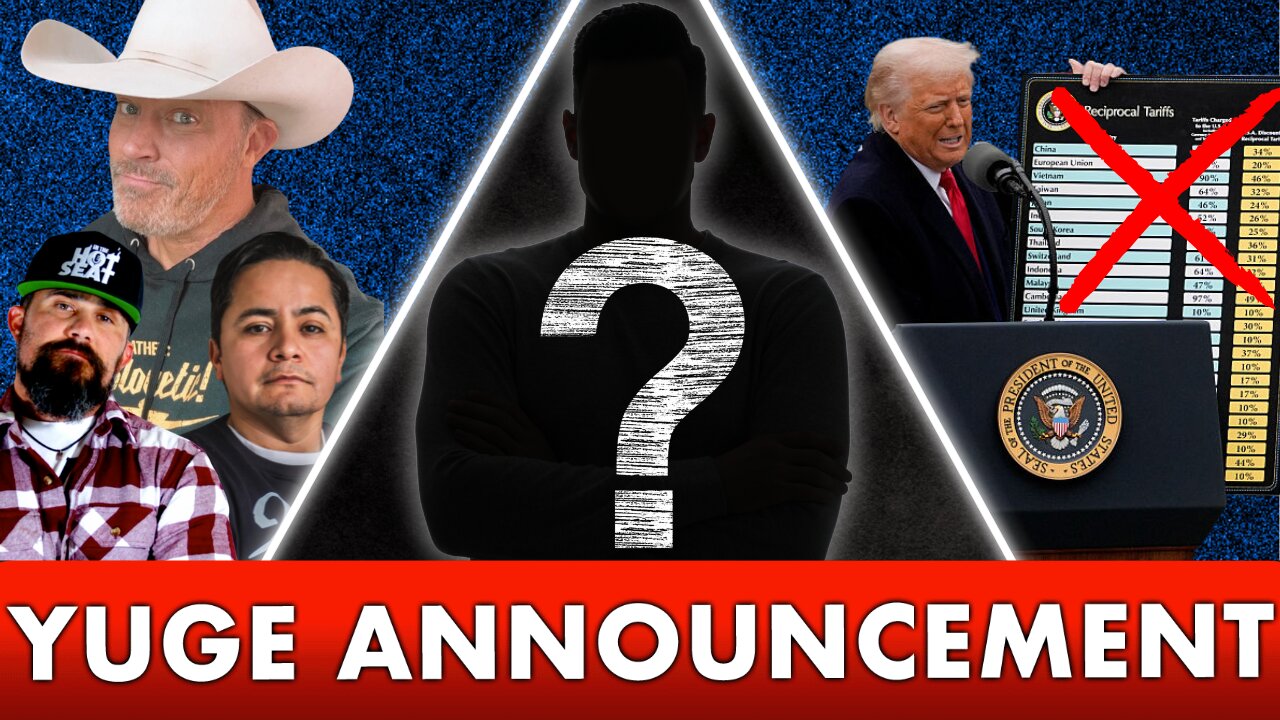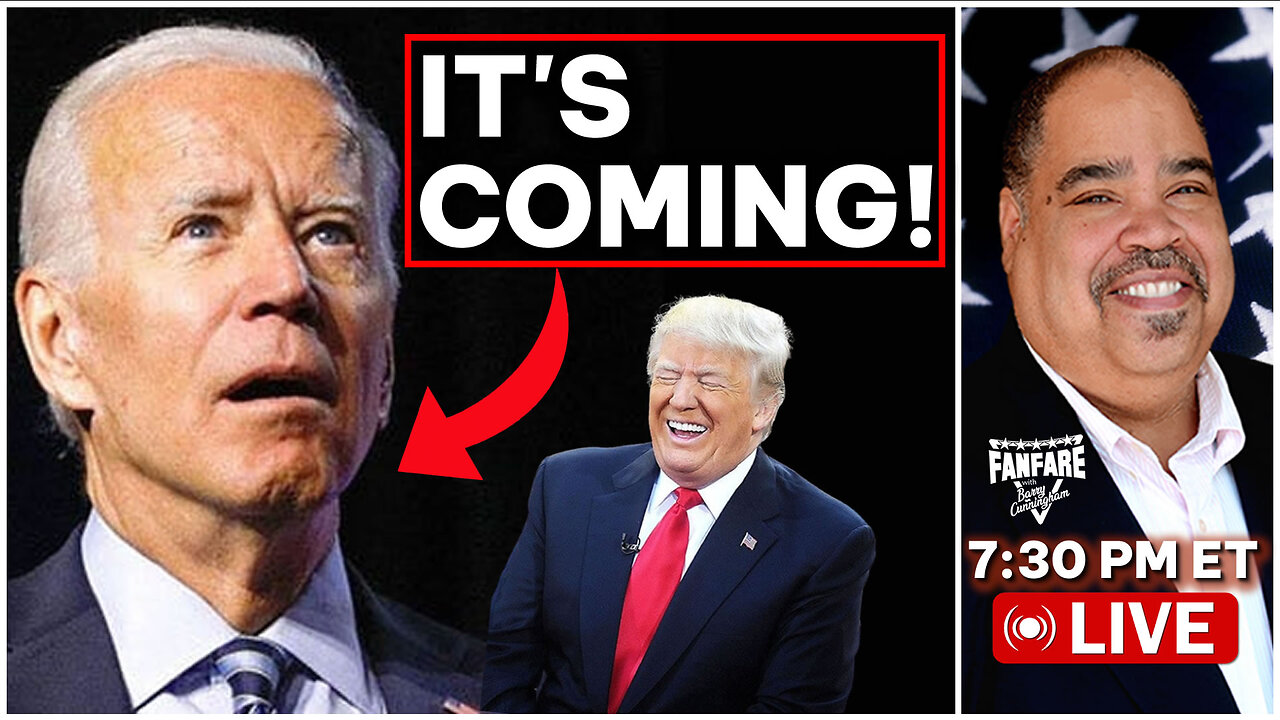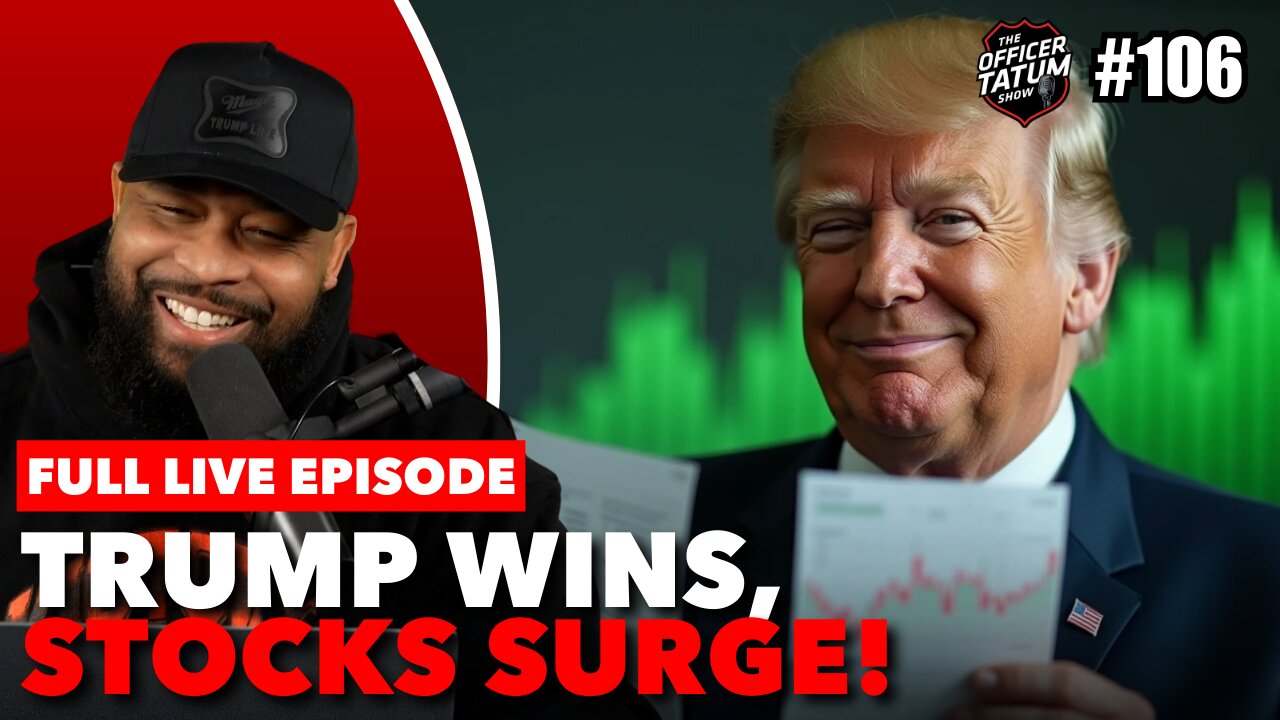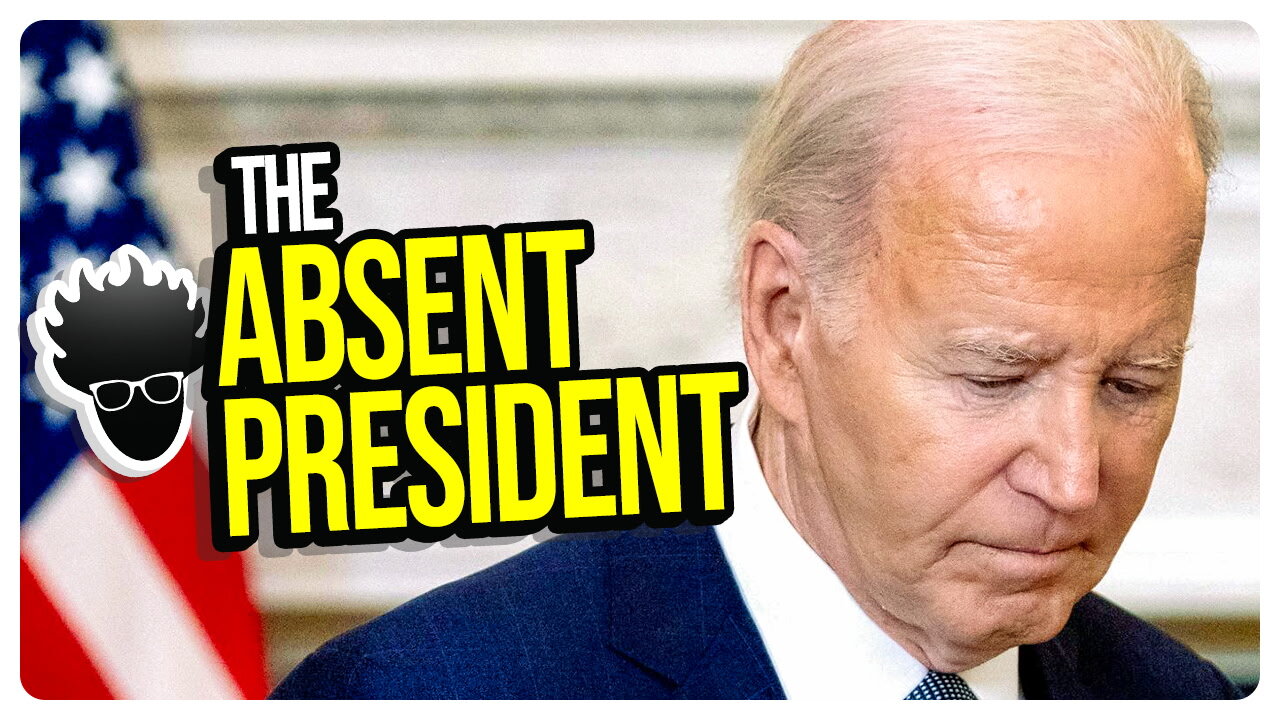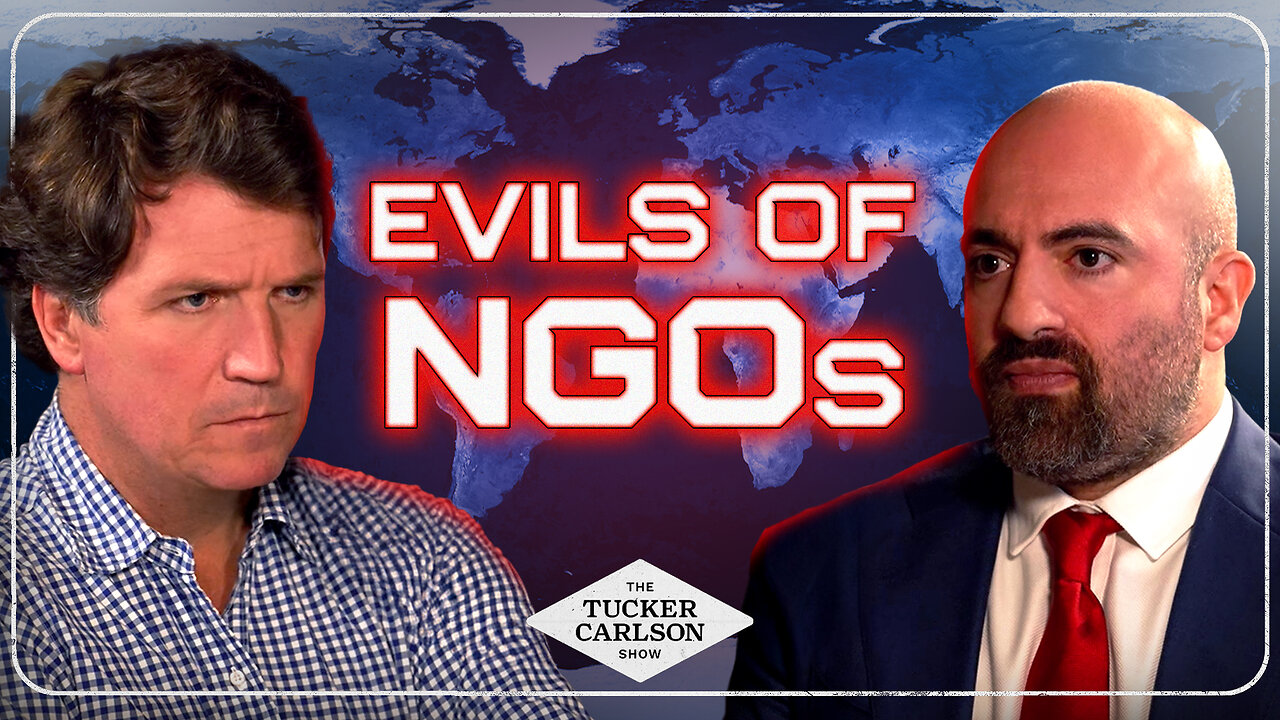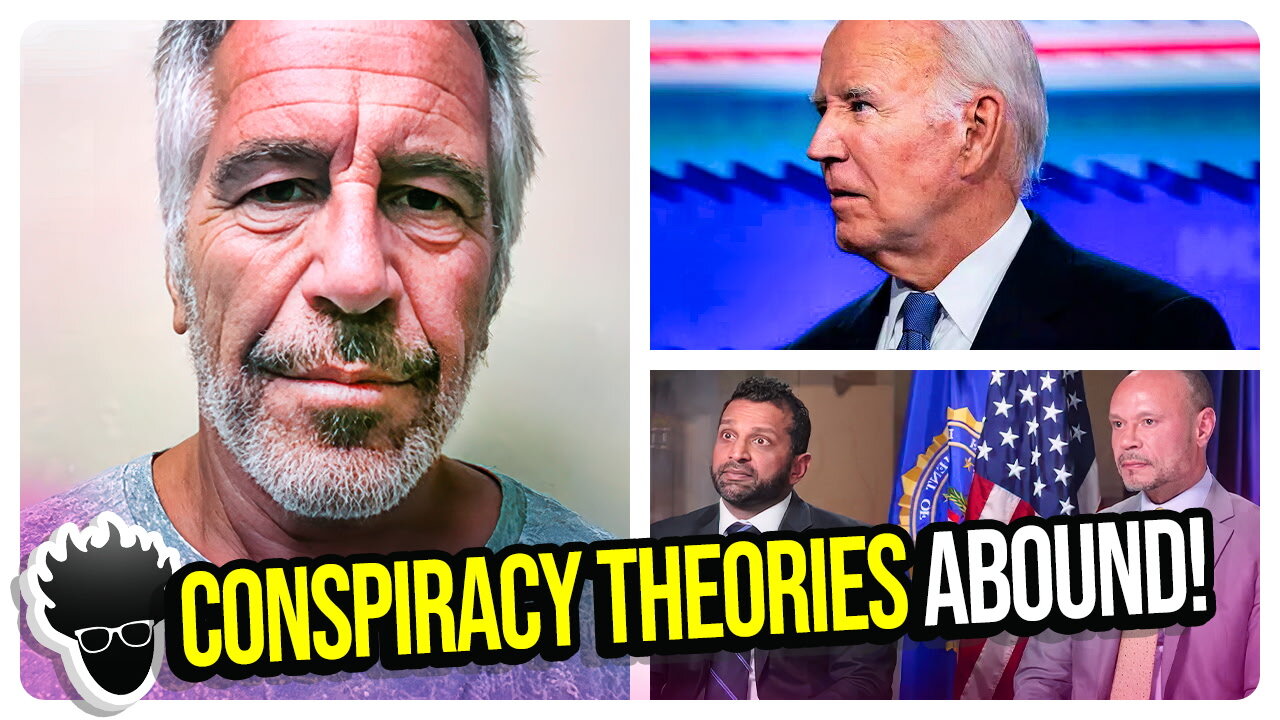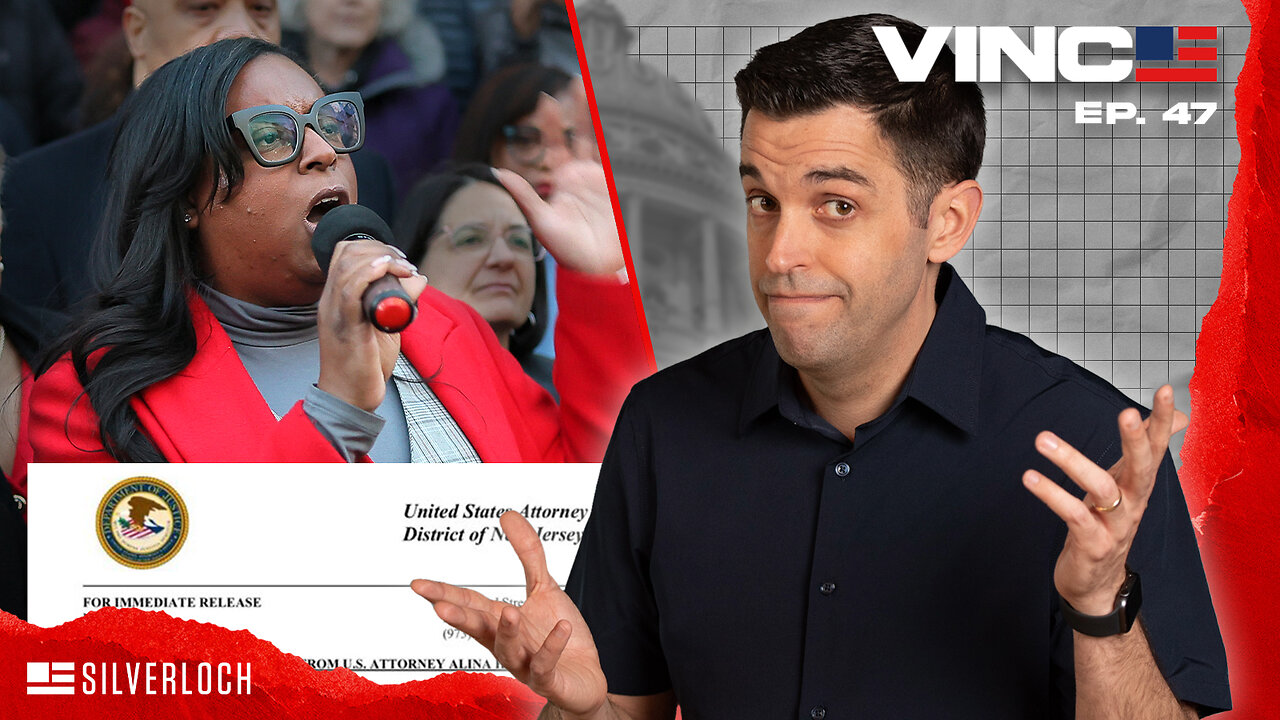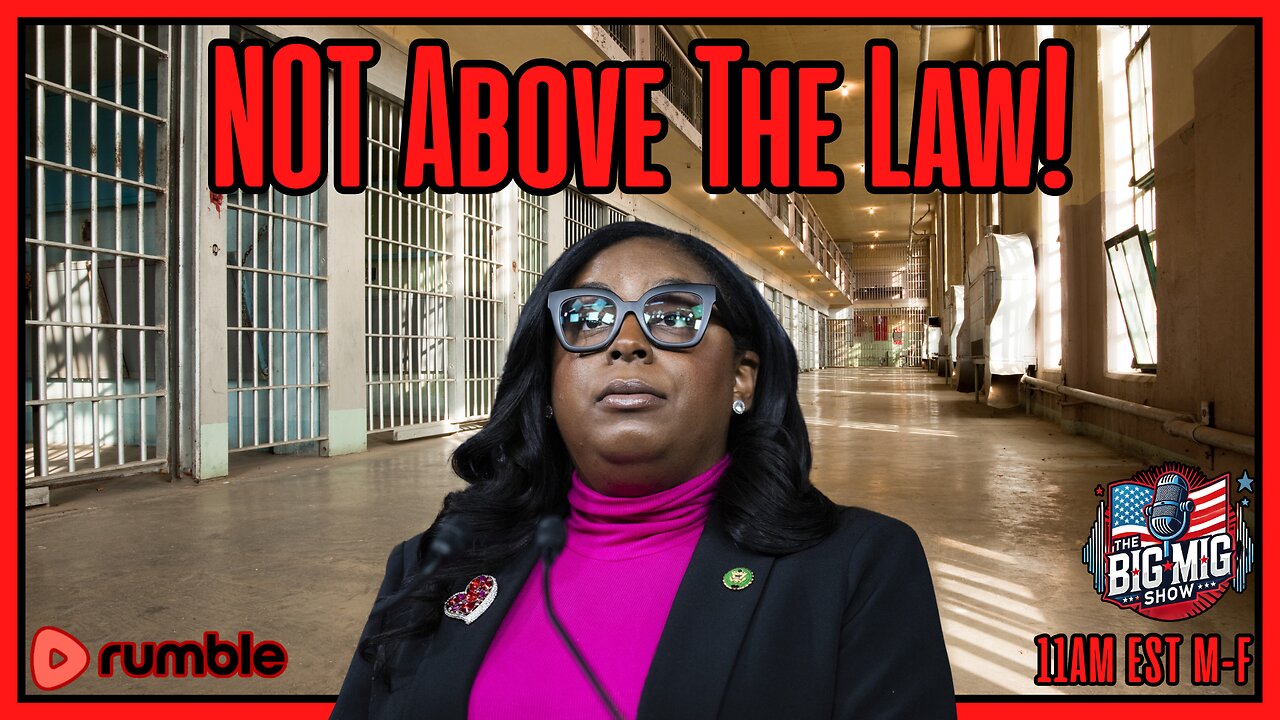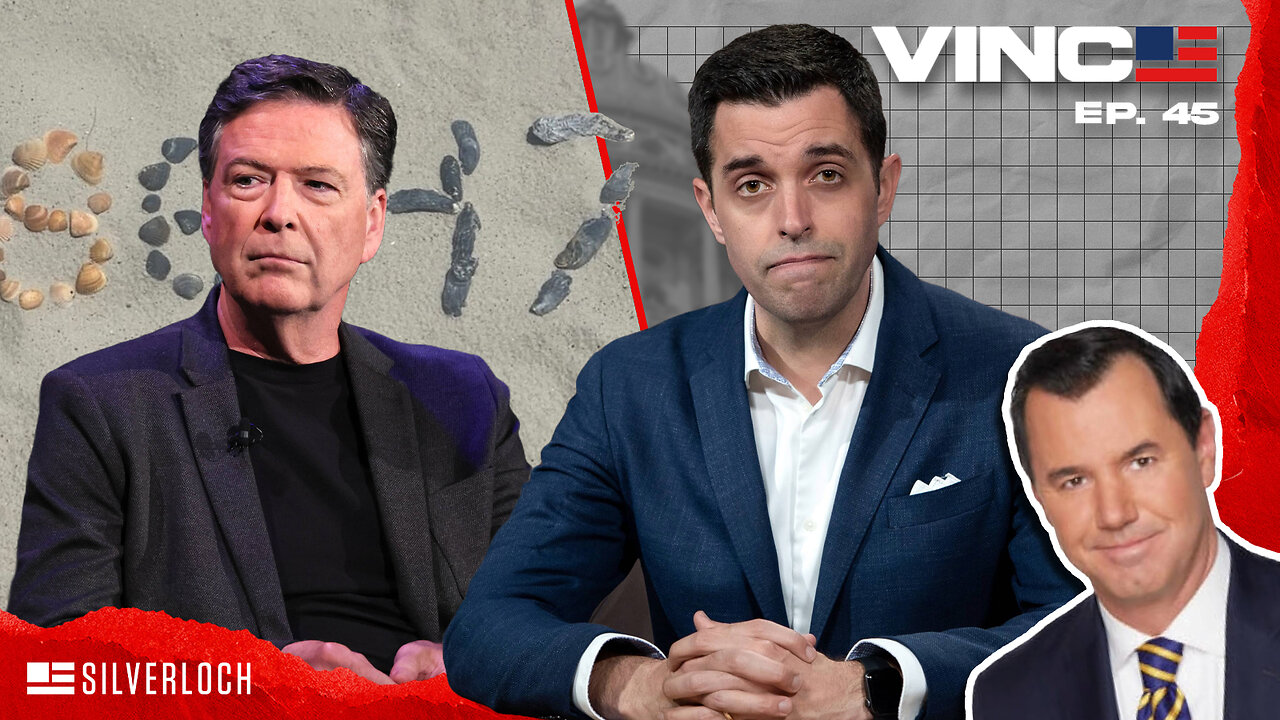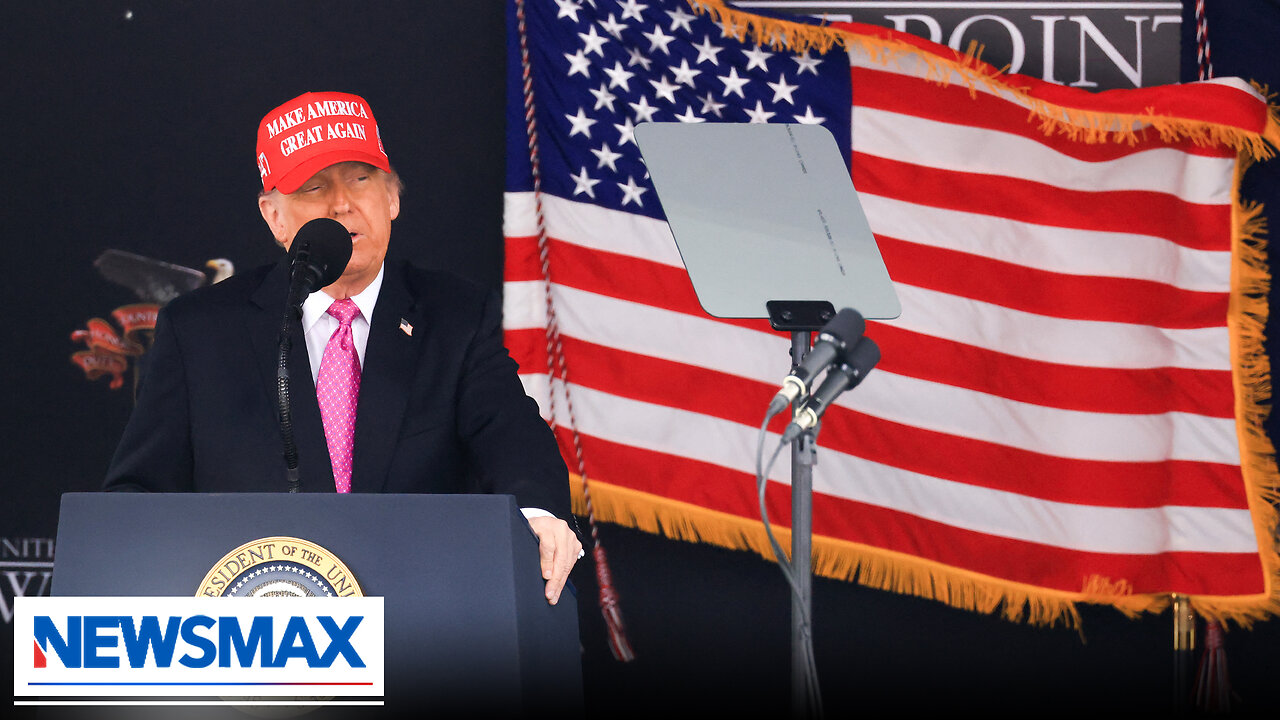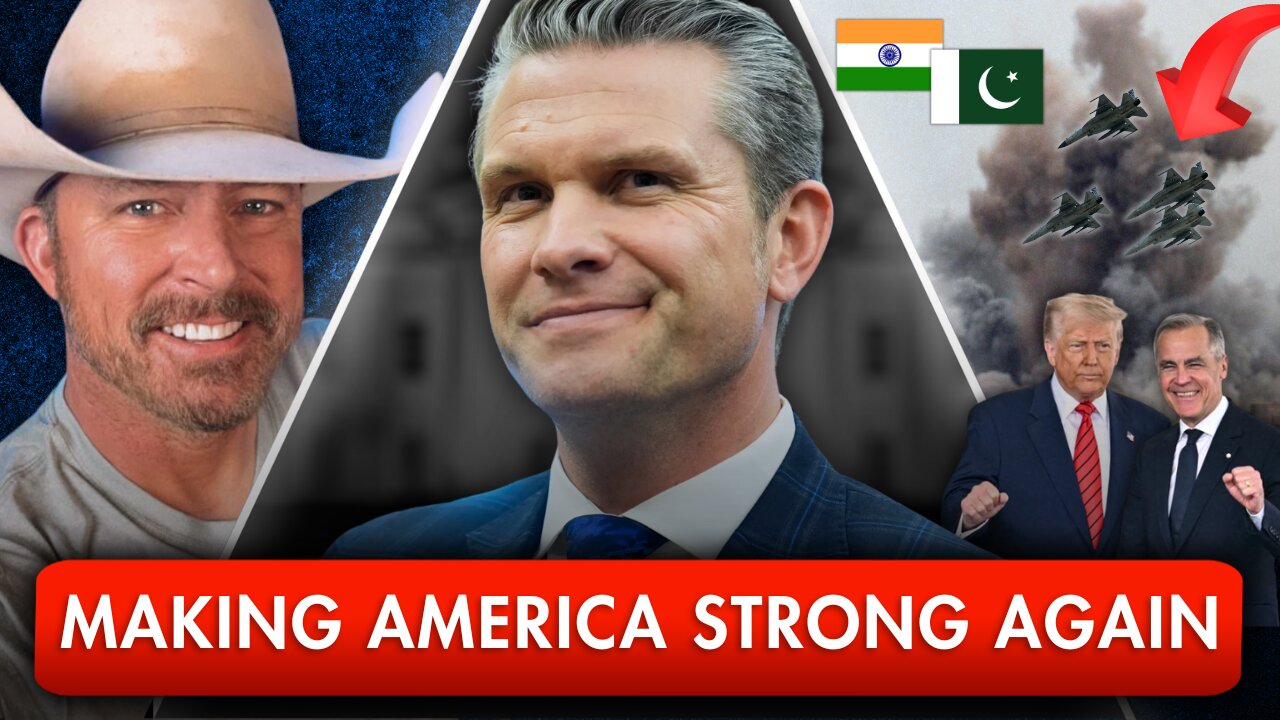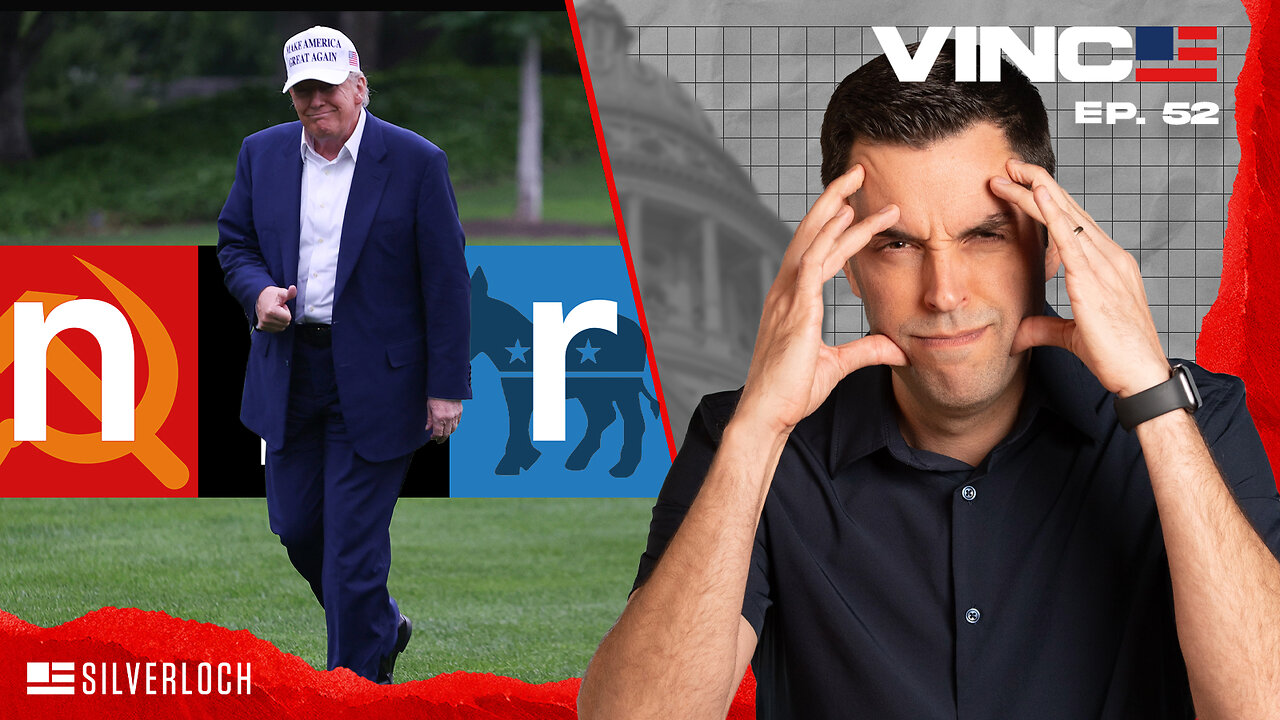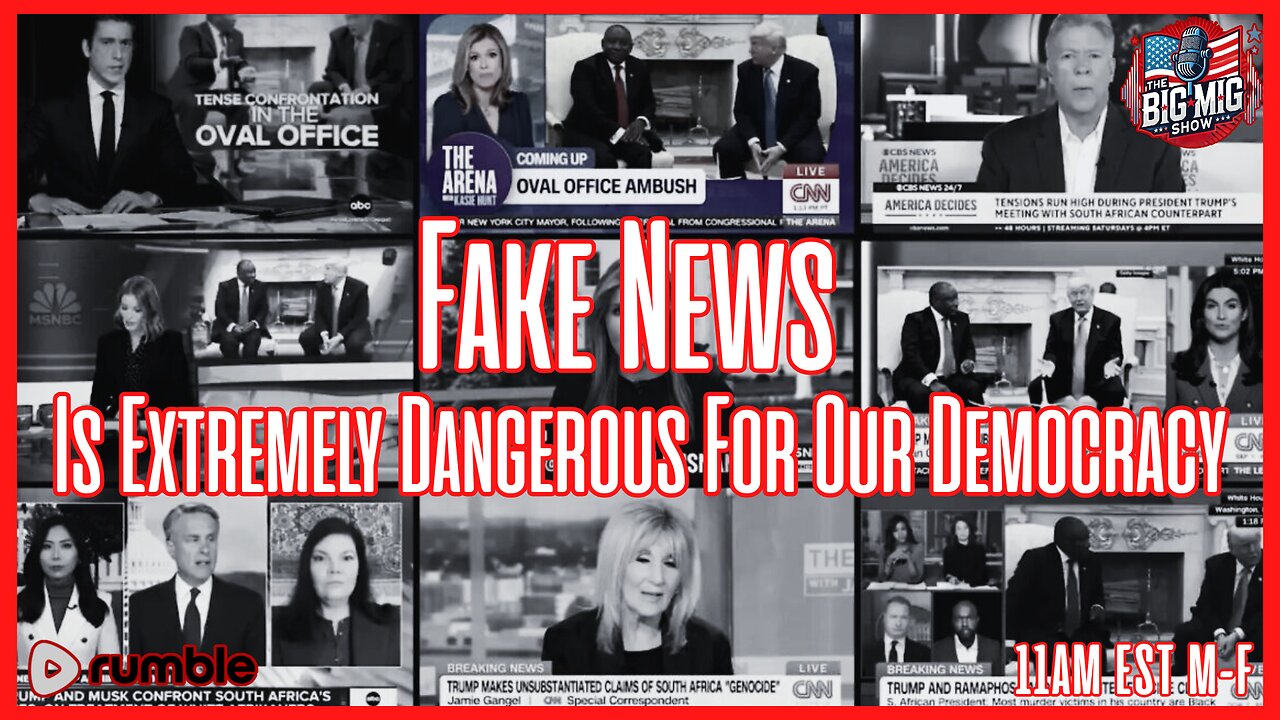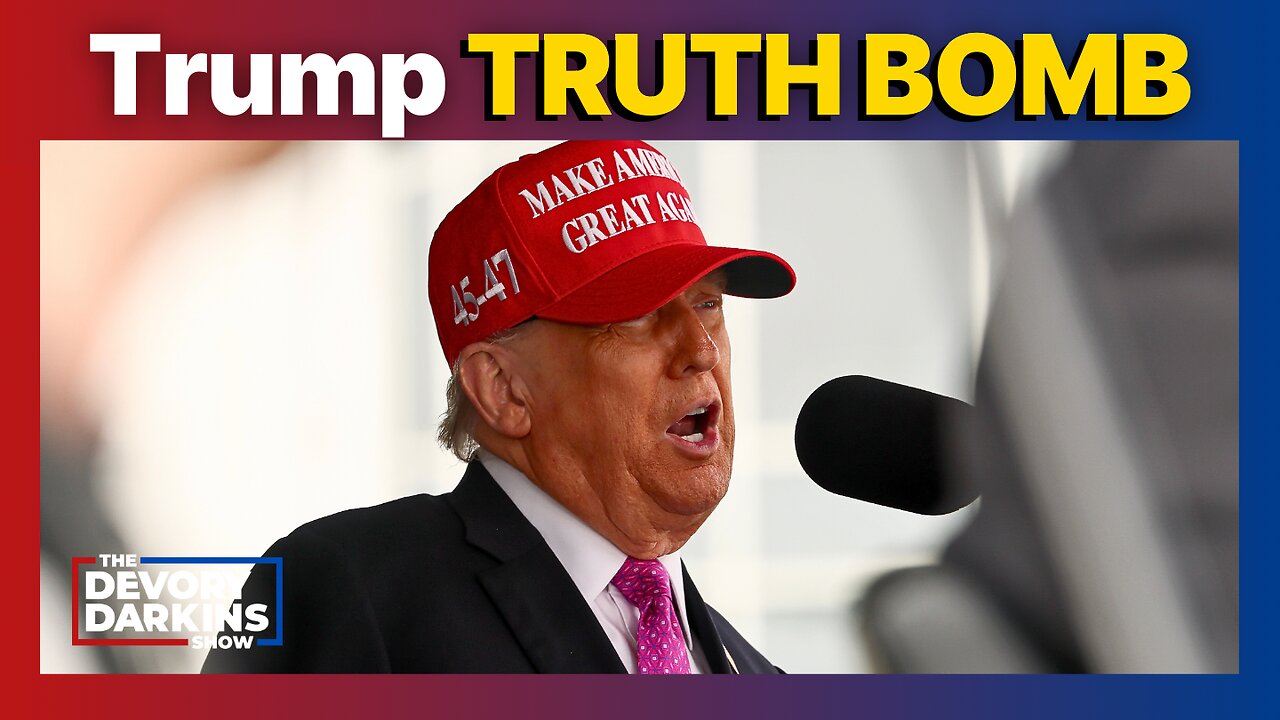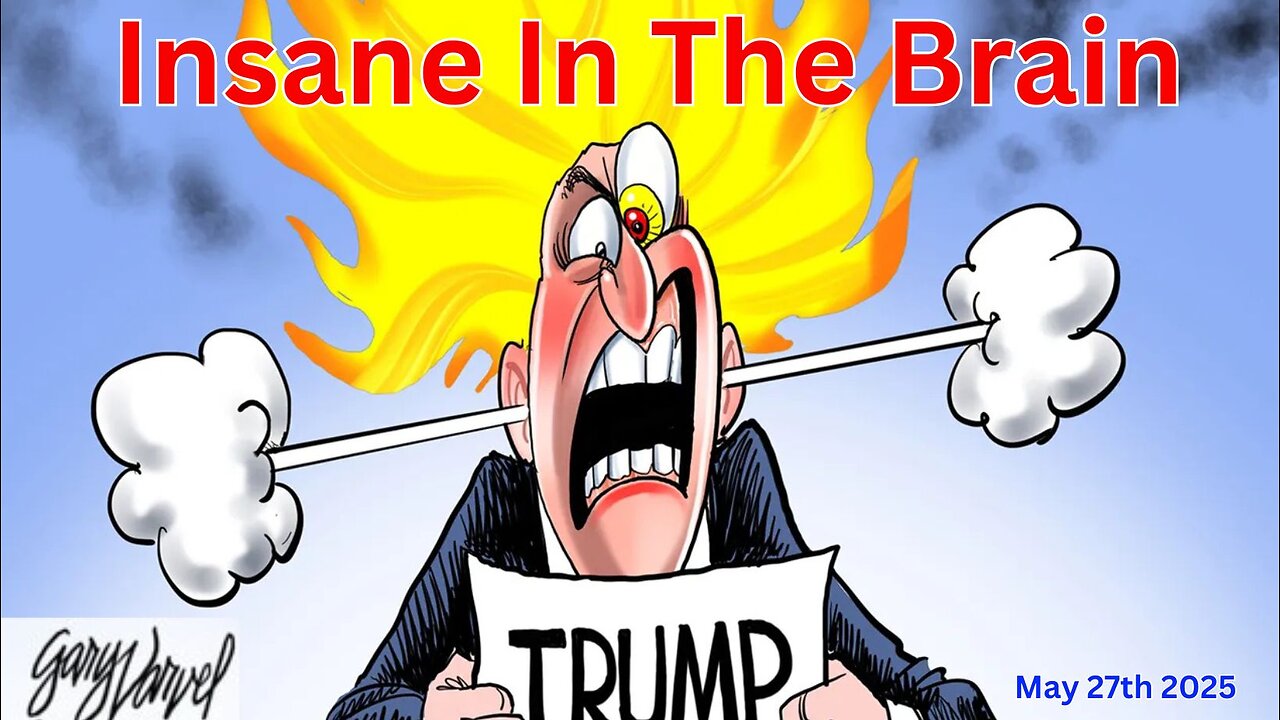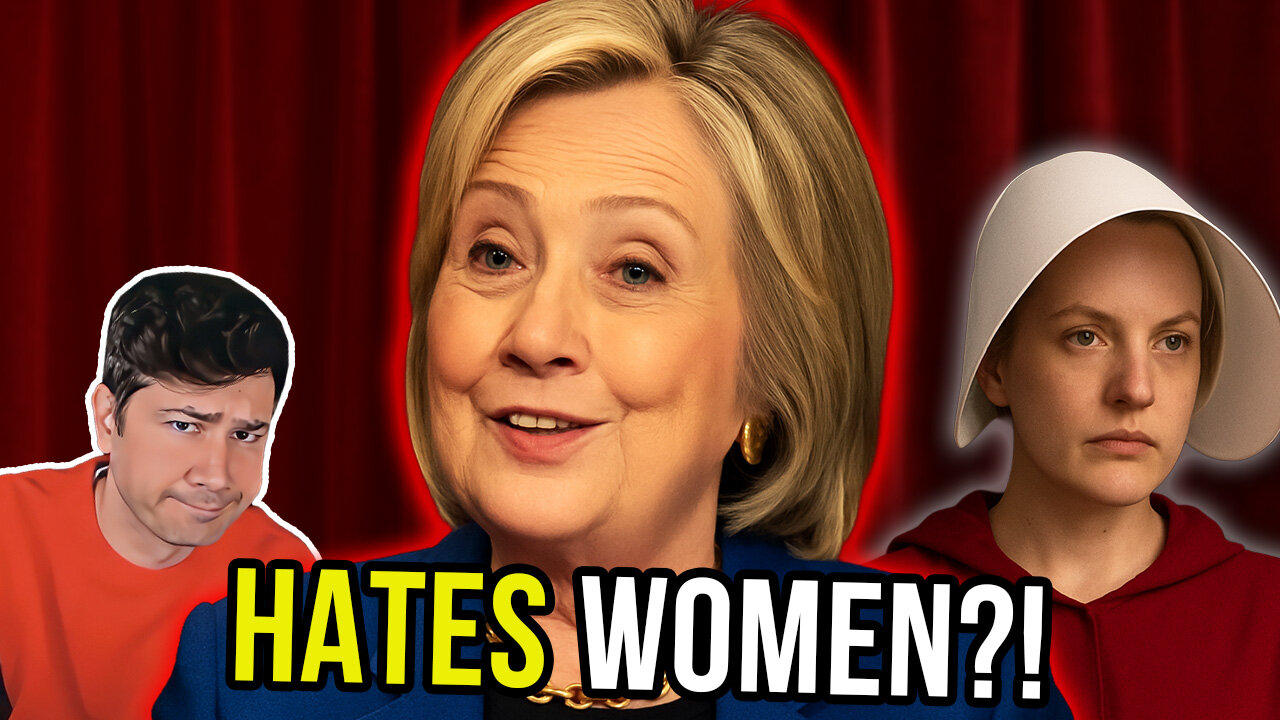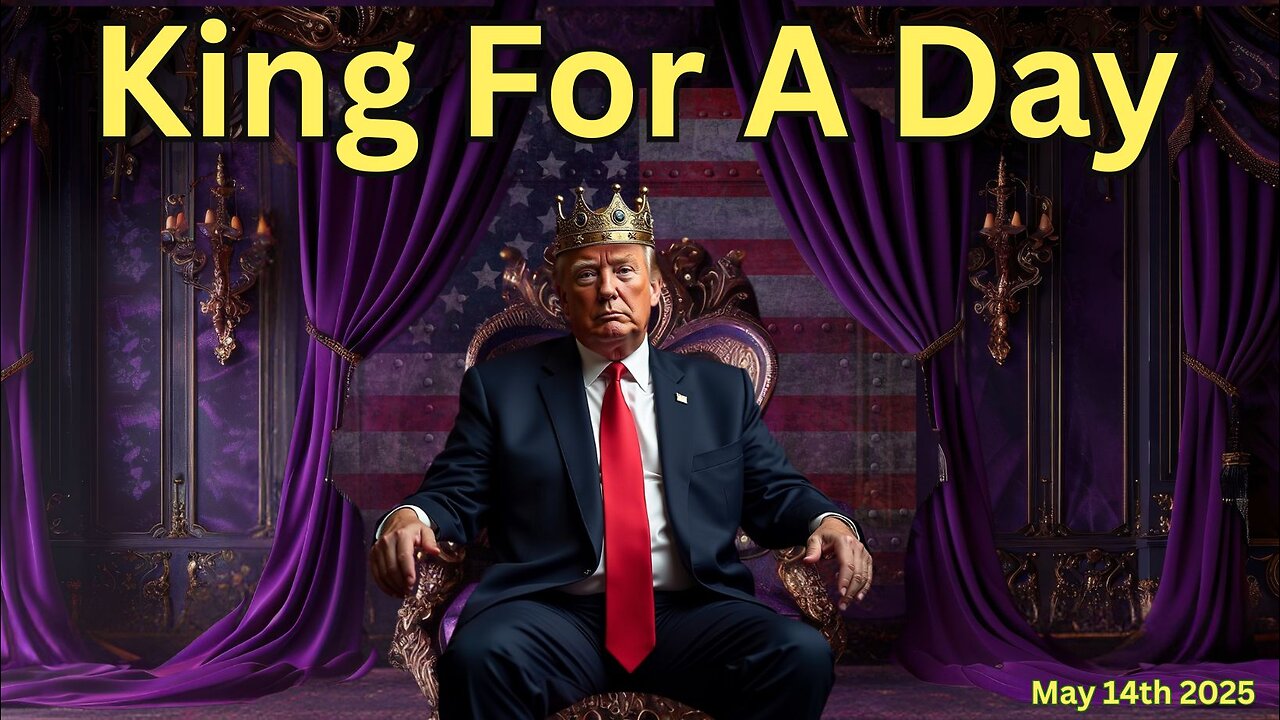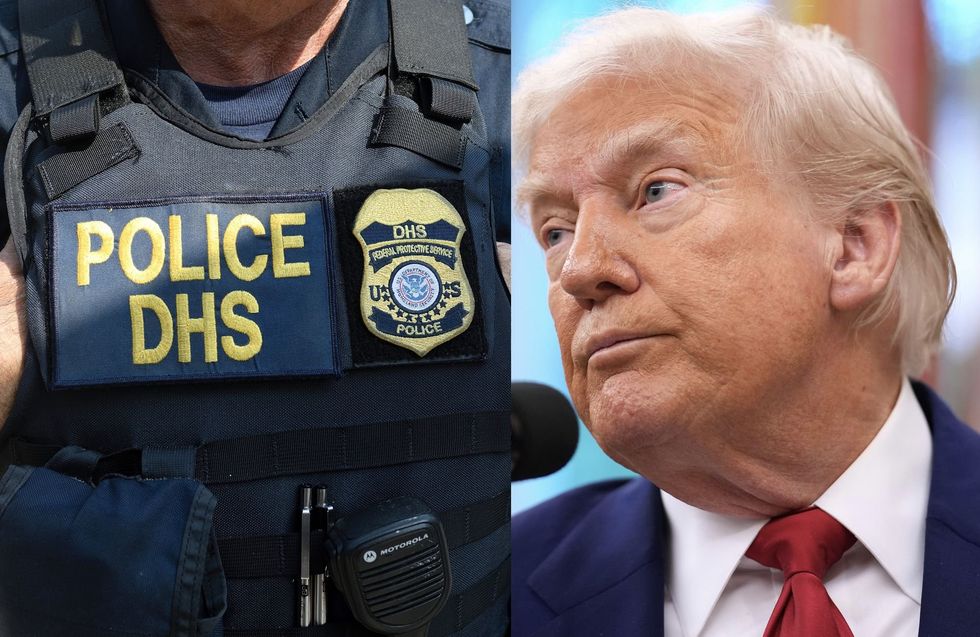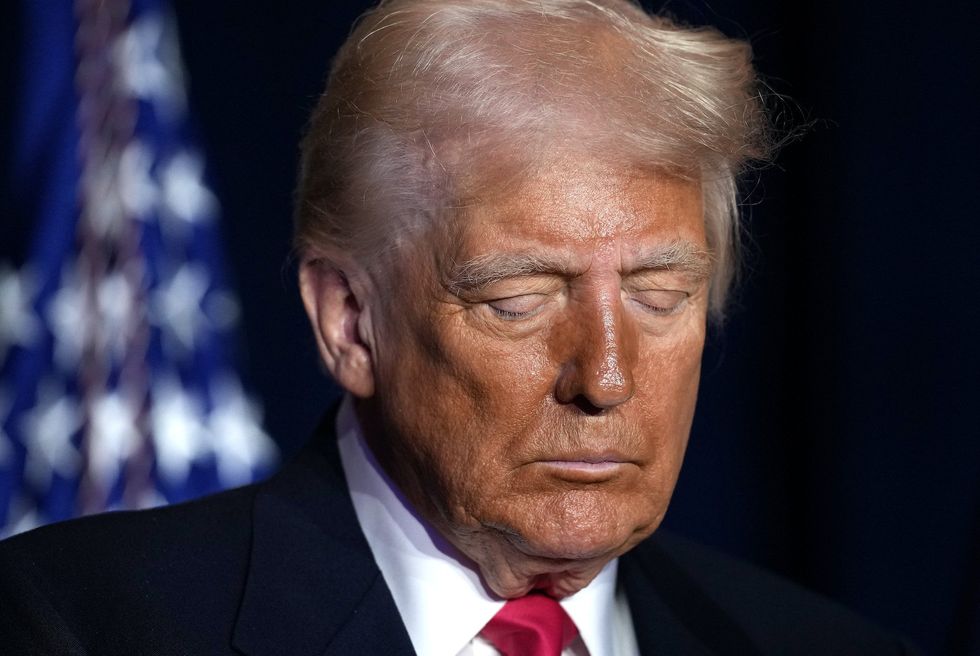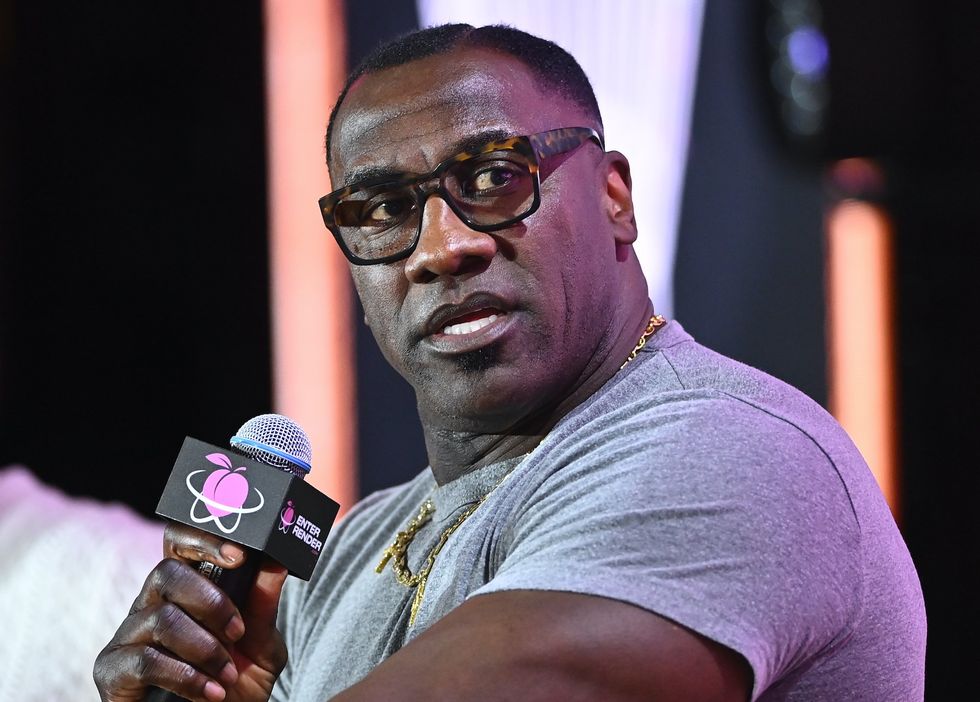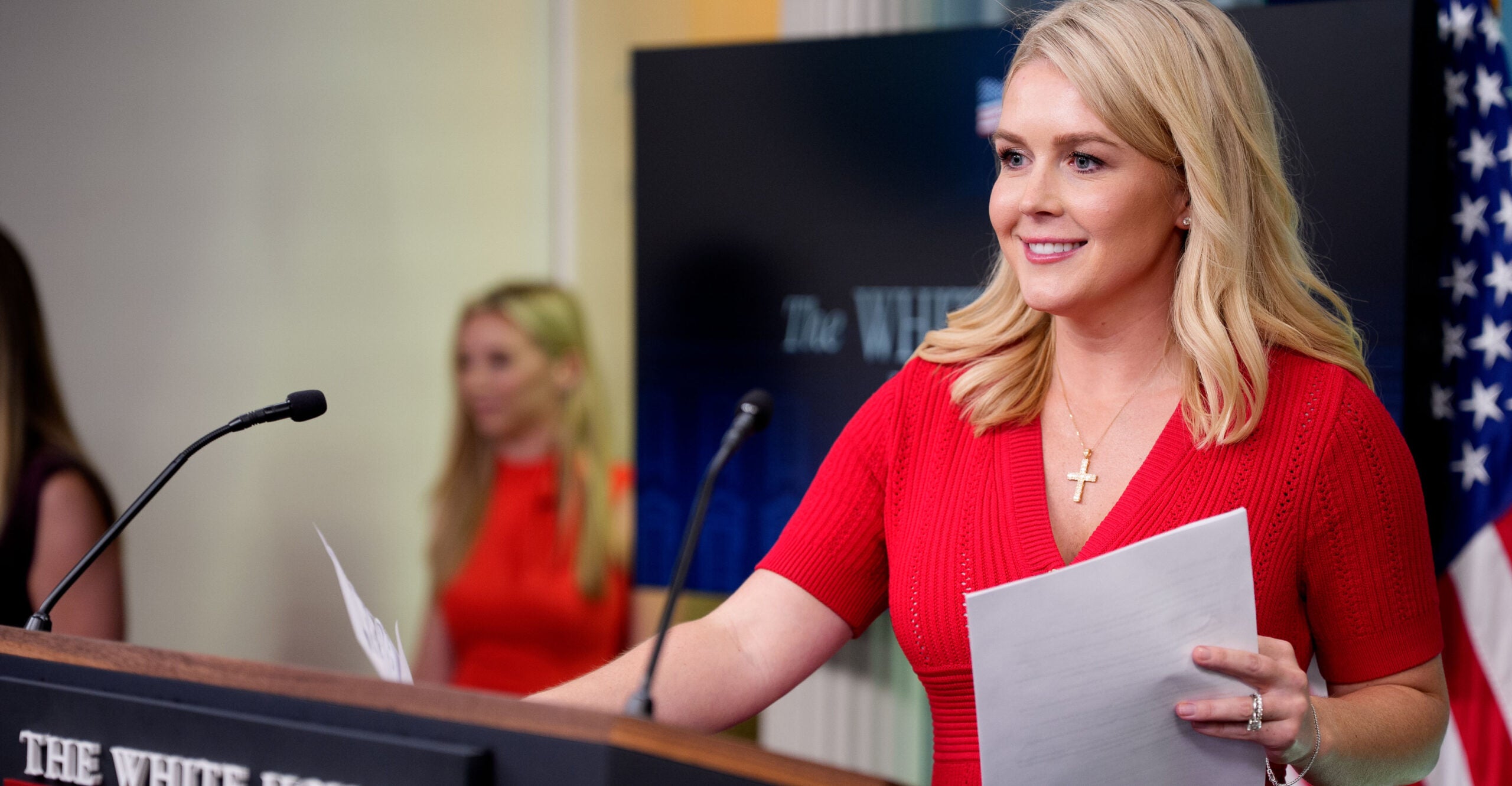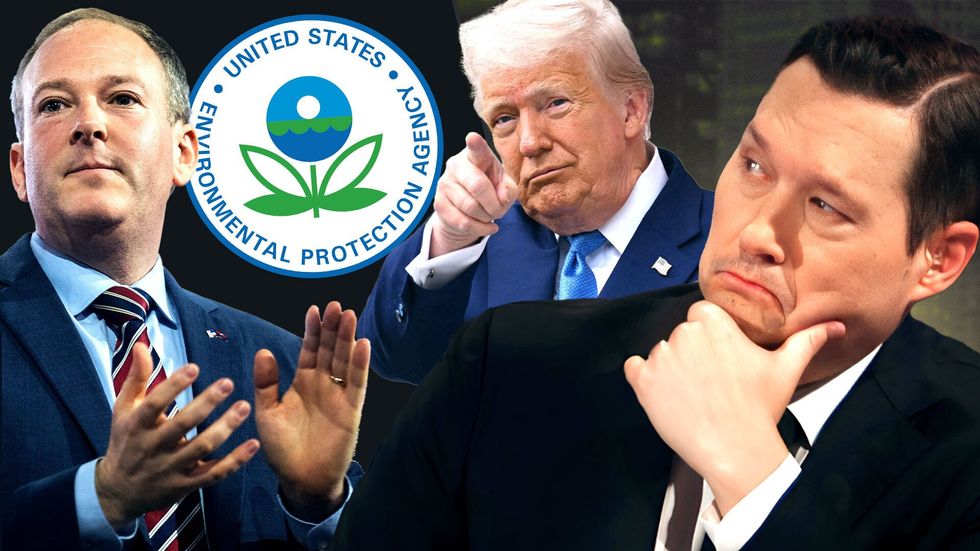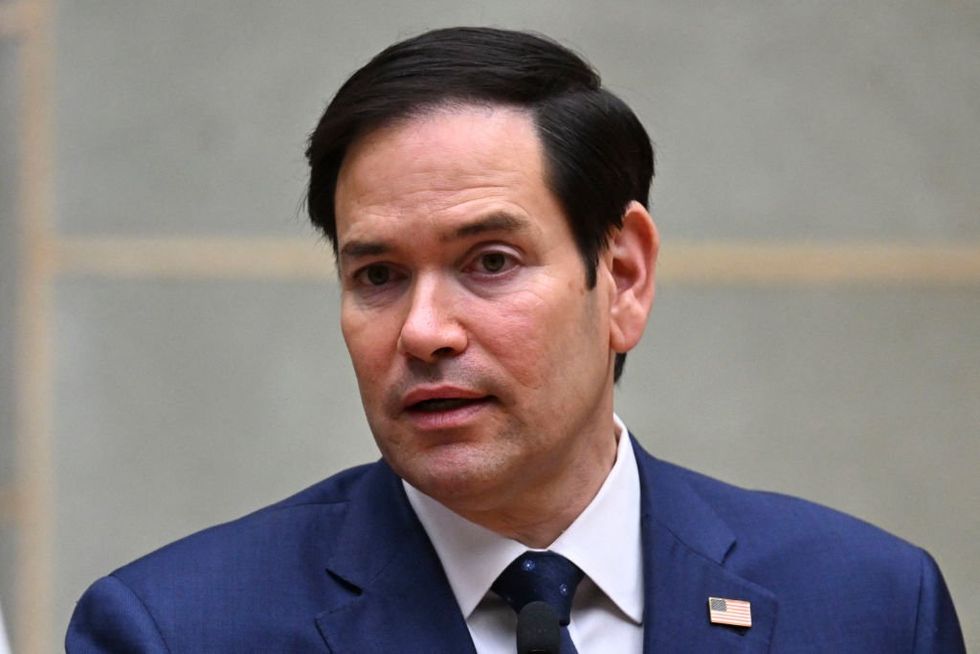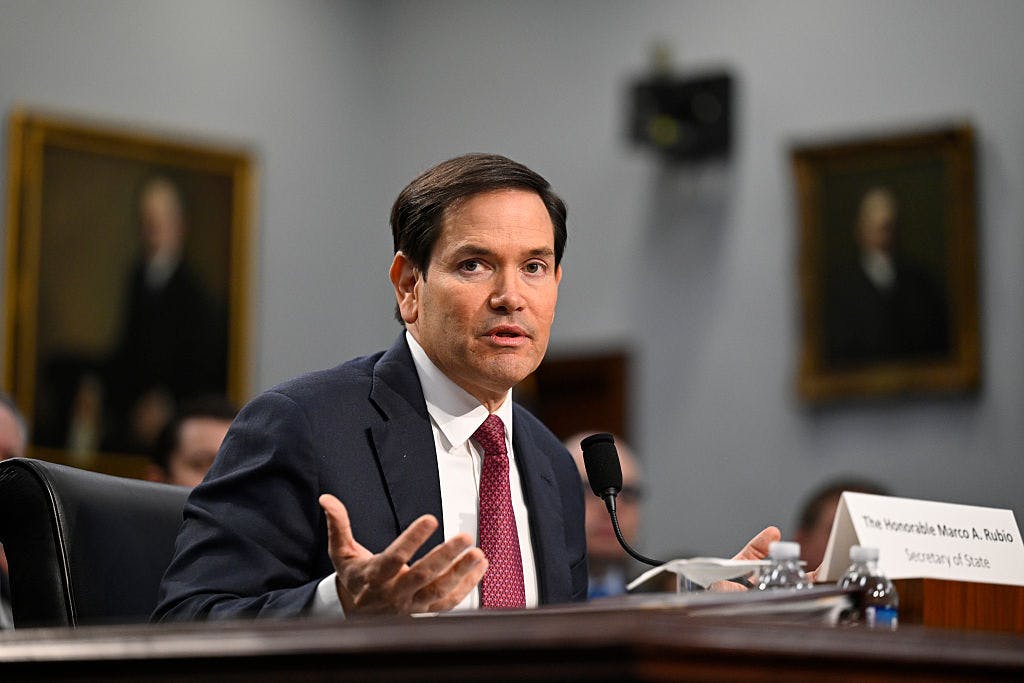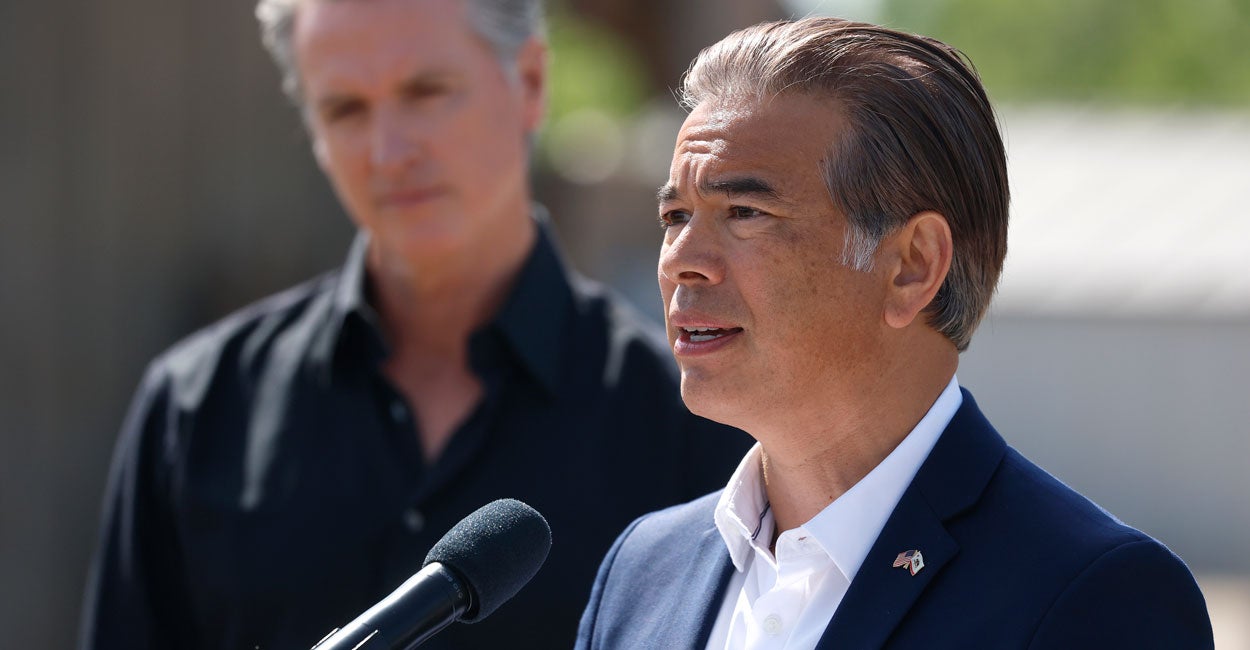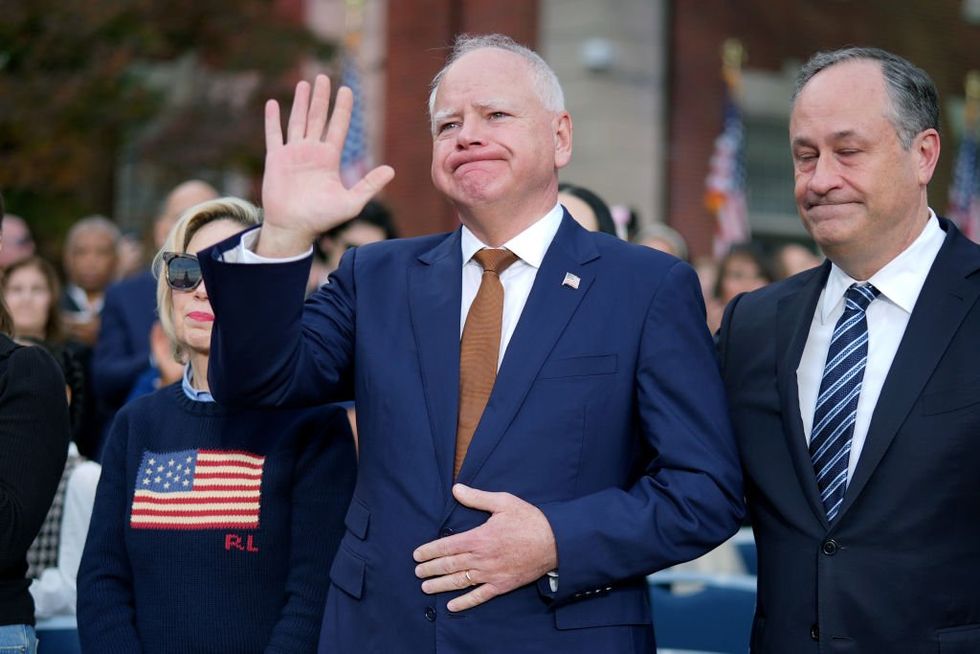Is This The Final Deathblow To DEI?
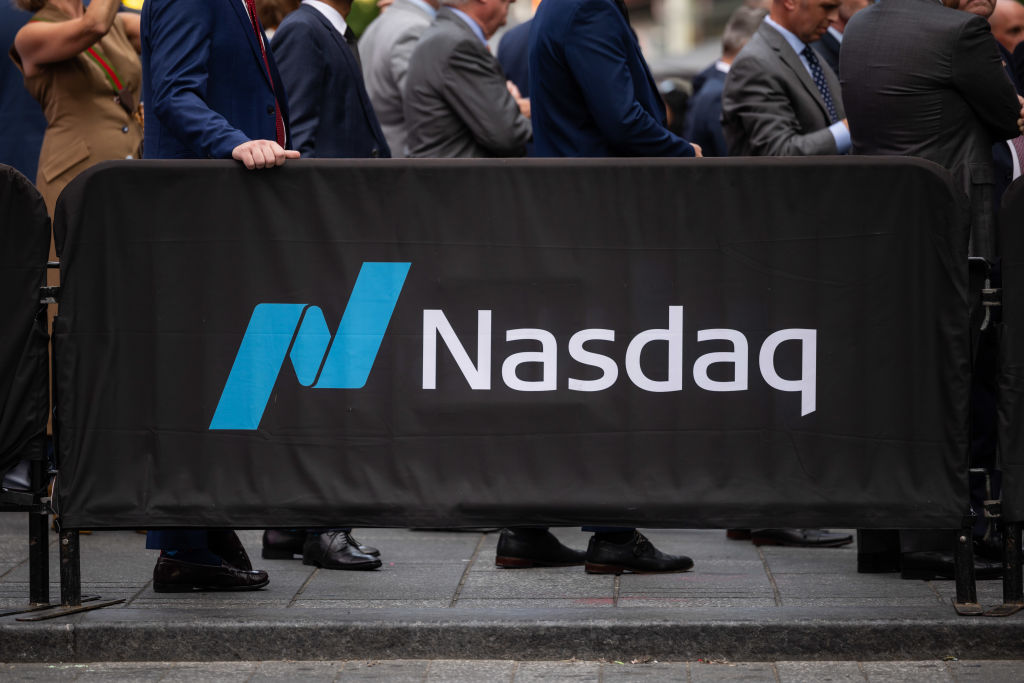
You may have seen that Donald Trump rang the opening bell at the New York Stock Exchange today. And as far as ceremonial events in the lead-up to the inauguration, it’s a pretty big one. It’s a moment that highlights why the markets have been through the roof since Election Day. The incoming administration is giving investors a lot of hope because, in contrast to Kamala Harris — who wanted to tax the markets in unprecedented ways until they were completely destroyed — Trump wants less taxes, less regulation and less corrupt oversight from the Securities and Exchange Commission, which lately has become proficient at hassling Elon Musk over his political opinions.
But the New York Stock Exchange isn’t the only stock exchange where conservatives are taking a well-deserved victory lap today. Over at the NASDAQ, where the nation’s biggest technology companies are traded, yet another crushing blow was just dealt to so-called diversity, equity and inclusion practices, or DEI. This has been a year full of setbacks to the entire DEI industry, which I’ll recap in just a second. But what just happened at the NASDAQ deserves some explanation, because most people aren’t aware of what happened, even though it’s one of the most significant developments in the financial industry in recent years.
Let’s start at the beginning of the timeline. After George Floyd’s fateful overdose, the leaders of the NASDAQ decided that they needed to take decisive action. They believed that, if only the NASDAQ had different rules and regulations, George Floyd never would’ve spent his entire life committing violent felonies, robbing stores and resisting arrest. George Floyd would have been a wealthy stockbroker, if not for the lack of DEI in the financial industry.
To that end, the CEO of NASDAQ went on CNBC and began promoting the idea of mandatory DEI disclosure rules for every company that was listed on the exchange. If companies didn’t comply with these rules, they would be delisted entirely, and their company would probably collapse.
So what did these DEI disclosure rules entail? Here’s the CEO of NASDAQ with the explanation.
This is from late 2020, just a few months into the George Floyd hysteria. Watch:
So the idea is that every company that’s listed on the NASDAQ — which amounts to several thousand companies, including Apple, Google, Amazon, and so on — has to publish a DEI report every year. And this report requires one of two things.
The first option is for companies to state in their report that they have two members on their board of directors from an “underrepresented group,” including at least one female and, in addition to the female, one person who, “identifies as Black, Hispanic, Asian, Native American, Alaskan Native, Native Hawaiian, Pacific Islander, biracial, or LGBTQ+.”
Alternatively, companies have the option of explaining in their reports why they didn’t meet the requirement. They have to publicly provide an explanation as to why they didn’t meet NASDAQ’s quota, which of course is intended to subject these companies to accusations of racism, bigotry and so on.
WATCH: The Matt Walsh Show
This is coercion, obviously. It’s also unconstitutional and extremely, comically arbitrary. For some reason, NASDAQ demands that company’s have a “female” on the board (although they can’t define the word). That’s a must-have. If you don’t have a female on the board, then you can’t pass Go, and you can’t collect your $200. But at the same time, NASDAQ isn’t insistent on having, say, a gay guy on the board. That’s not too important to them. If you have a Pacific Islander, that’s good enough. That basically counts as a gay guy, in NASDAQ’s eyes. All of the ethnic minority groups are interchangeable. Just pick one at random and you’re fine. Go grab an Alaskan native from the bargain bin. If you can’t find one, see if there are a couple of Native Americans on the clearance rack. That seems to be the attitude.
Later on in the same interview, the NASDAQ CEO decides to drop the pretense that this rule is about “disclosure.”
She all but admits that the point is to strong-arm companies into making diversity hires. Watch:
So, she repeats the debunked McKinsey study about how “diversity” supposedly makes companies more money, which is a complete fraud. We’ve talked about that before. McKinsey never found that DEI makes companies more money. They actually found that companies with a lot of money tend to practice DEI, which just proves that when companies have a lot of excess money lying around, they tend to waste it. So, saying that DEI makes companies money because successful companies have DEI is like saying that owning a Ferrari makes you money because people with lots of money own Ferraris.
But the important part of that clip is how the NASDAQ CEO admits that there’s been more than a decade of thinking about, “how can we bring more diversity on boards.” That’s their intent. And they finally decided on this course of action. They’re going to publicly shame companies that try to select board members on the basis of merit, instead of race and gender.
The rule went into effect shortly after that interview. And it’s been in effect for some time now.
Yesterday, however, the Fifth Circuit Court of Appeals, which is based in New Orleans, finally put an end to this insanity. They ruled that the Securities and Exchange Commission didn’t have the legal authority to approve this DEI policy. And it’s quite a takedown, to the point that it’s worth going through some of it.
Here’s one section of the majority opinion for example:
What is the public interest here? Nasdaq [claimed there is an] established link between the racial, gender, and LGTBQ+ identities of a company’s board members and ‘the quality of a company’s financial reporting, internal controls, public disclosures, and management oversight.’ But Nasdaq offered little support for its assertion that there is an empirically established—or even logical—link between the racial, gender, and sexual composition of a company’s board and the quality of its governance. .. Nasdaq offered only the barest speculation to support the proposition that there is any link between investor protection and racial and sexual diversity.
In other words, the court did what no one in the corporate media did for the past five years. They actually looked at the studies that supposedly show that DEI helps companies improve their performance. And they found that there’s no evidence at all. This is something that activists in the federal government simply asserted, out of thin air — and then they accused you of being a racist if you disagreed. That tactic used to work. It doesn’t work anymore.
There are other reasons the court struck down this rule, as well. One of them is that the SEC is supposed to regulate things like “market manipulation and proxy voting.” They’re not supposed to be involved in forcing DEI mandates and social engineering down everyone’s throat. So they’re wildly overstepping their authority — especially since states, not the federal government, are supposed to have the primary authority to regulate corporations.
The only surprising part of this ruling is that it took so long. Initially, when the Fifth Circuit heard this case, they upheld the DEI rule, probably because all three judges on the panel were appointed by Democrat presidents. But two conservative groups — the National Center for Public Policy Research and the Alliance for Fair Board Recruitment — appealed to a full panel of the Fifth Circuit, which ultimately overturned the rule.
MATT WALSH’S ‘AM I RACIST?’ NOW STREAMING ON DAILYWIRE+
This is, among other things, a devastating blow to the DEI agenda. It’s a rejection of the federal government’s efforts to force some of the most powerful companies on the planet to practice DEI. It also creates a lot of problems for so-called E.S.G. investing, where major investment firms direct money to companies that practice DEI. These activists recognized that financial incentives are some of the most potent tools they have, in order to force compliance with their agenda. And now they’re losing control over those incentives.
And this is just one of the major court victories in the past week concerning DEI. Separately, federal judge Reed O’Connor in Texas just struck down Boeing’s proposed plea deal with the Biden administration, concerning the crashes of those 737 MAX jets a few years ago. The Biden DOJ and Boeing came to an agreement that will allow Boeing to avoid a federal criminal trial for its negligence. And part of that deal involves the appointment of a federal monitor to oversee Boeing, since they appear to struggle with designing planes that don’t try to deliberately crash themselves.
But the plea deal had a major problem, which the DOJ and Boeing tried to slip past the judge. It requires that the monitor be selected on the basis of DEI. And the judge threw out the plea deal as a result. He’s not going to tolerate DEI being used when people’s lives are at stake, which in this situation, they clearly are. Watch:
When we talked about this case a few weeks ago, it looked like Judge O’Connor was going to toss this plea deal. He grilled lawyers for Boeing and the Biden administration about the provision that the independent monitor should be selected, “‘in keeping with the Department’s commitment to diversity and inclusion.” Specifically, the judge wanted to know whether the government had excluded any candidates based on race or gender. And the lawyers provided inconsistent responses, because they didn’t want to admit that the answer was obviously “yes.” That’s what DEI is.
So here’s what O’Connor wrote in his ruling last week:
In a case of this magnitude, it is in the utmost interest of justice that the public is confident this monitor selection is done based solely on competency. The parties’ DEI efforts only serve to undermine this confidence in the Government and Boeing’s ethics and anti-fraud efforts.
Again, this is a major blow for DEI activists, in both the federal government and in government contractors. Unless they want future programs and plea deals to be held up in court, they’re now on notice that they should get rid of DEI entirely.
And already, it’s pretty obvious that Boeing understands that. They’ve recently announced that they’re scrapping their entire DEI department. They’re under new leadership now, and the new CEO has decided — in no uncertain terms — that the whole concept of DEI has been a disaster for the company. In this case, Boeing’s announcement came after the filmmaker Robby Starbuck reached out to the company, vowing to wage a war against their DEI policies. Starbuck has already pushed multiple major corporations — from Jack Daniels to John Deere to Harley Davidson to Walmart to Ford — to gut or eliminate their DEI programs. And apparently Boeing didn’t want their own public shaming.
But there’s another important reason why Boeing and other companies are getting rid of DEI, as well. Republicans in Congress are currently advancing the “Dismantle DEI Act,” which will eliminate DEI in the federal government. And crucially, the bill would also ban the federal government from hiring any contractors that practice DEI. In other words, these companies stand to lose billions of dollars if they keep discriminating on the basis of race. For companies like Boeing, which make nearly half of their money from the government, that would be devastating.
CHECK OUT THE DAILY WIRE HOLIDAY GIFT GUIDE
So they’re getting rid of this nonsense. In other words, Republicans in Congress, for the first time in a while, are generating very positive and very noticeable social change. And Democrats, for their part, can only screech and howl in response. I covered some of their reactions to the bill recently. They know they’re losing. They know they have no argument.
That has been the story of DEI in general this year. From states and universities dismantling their DEI programs, to the success of my film “Am I Racist?,” to the crushing defeat of Kamala Harris — the ultimate DEI candidate — it’s very clear that DEI is on its way out. The ideology that was so dominant just a few years ago has now been thoroughly exposed, humiliated, and laughed out of court. Just like BLM and hateful, fraudulent anti-white narratives, DEI has rapidly become irrelevant. Merit, competence and the rule of law are now ascendant. That’s one of the Right’s biggest victories of 2024. And it’s worth celebrating and memorializing, so that we never make the mistake of allowing these corrupt and moronic peddlers of race-hatred to ever hold power again.
Originally Published at Daily Wire, Daily Signal, or The Blaze
What's Your Reaction?
 Like
0
Like
0
 Dislike
0
Dislike
0
 Love
0
Love
0
 Funny
0
Funny
0
 Angry
0
Angry
0
 Sad
0
Sad
0
 Wow
0
Wow
0


